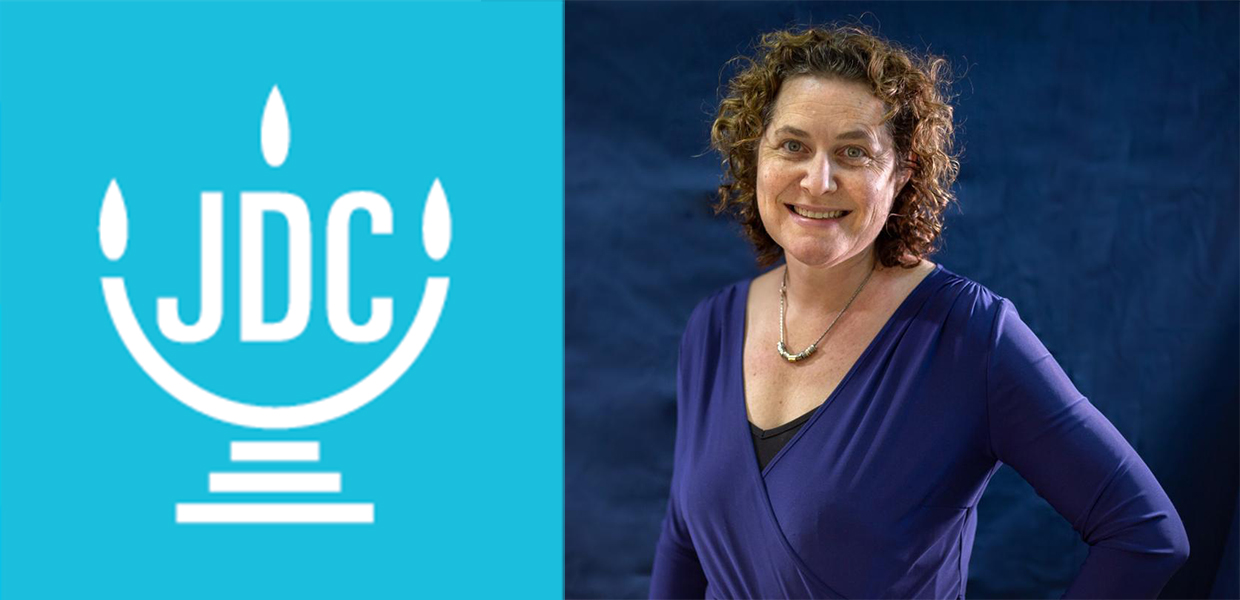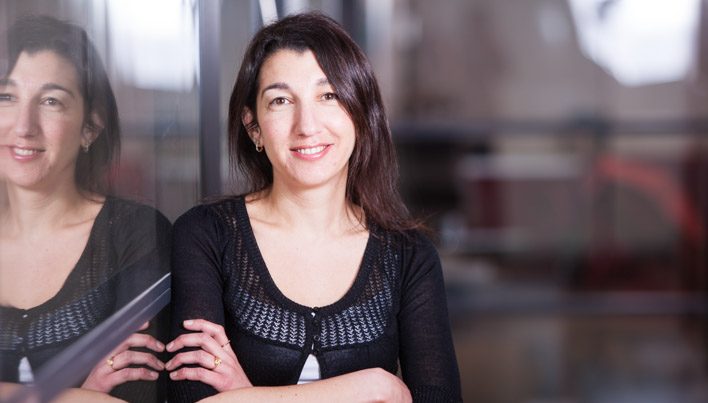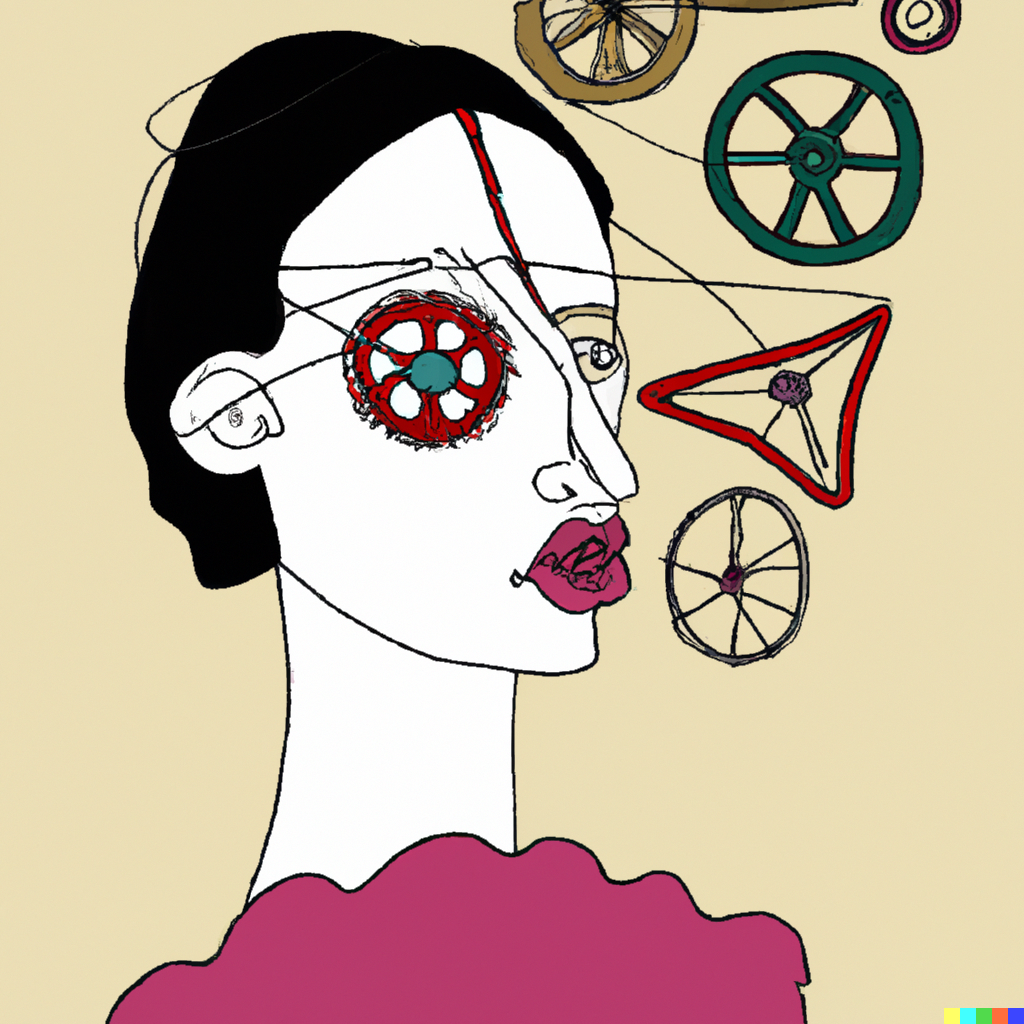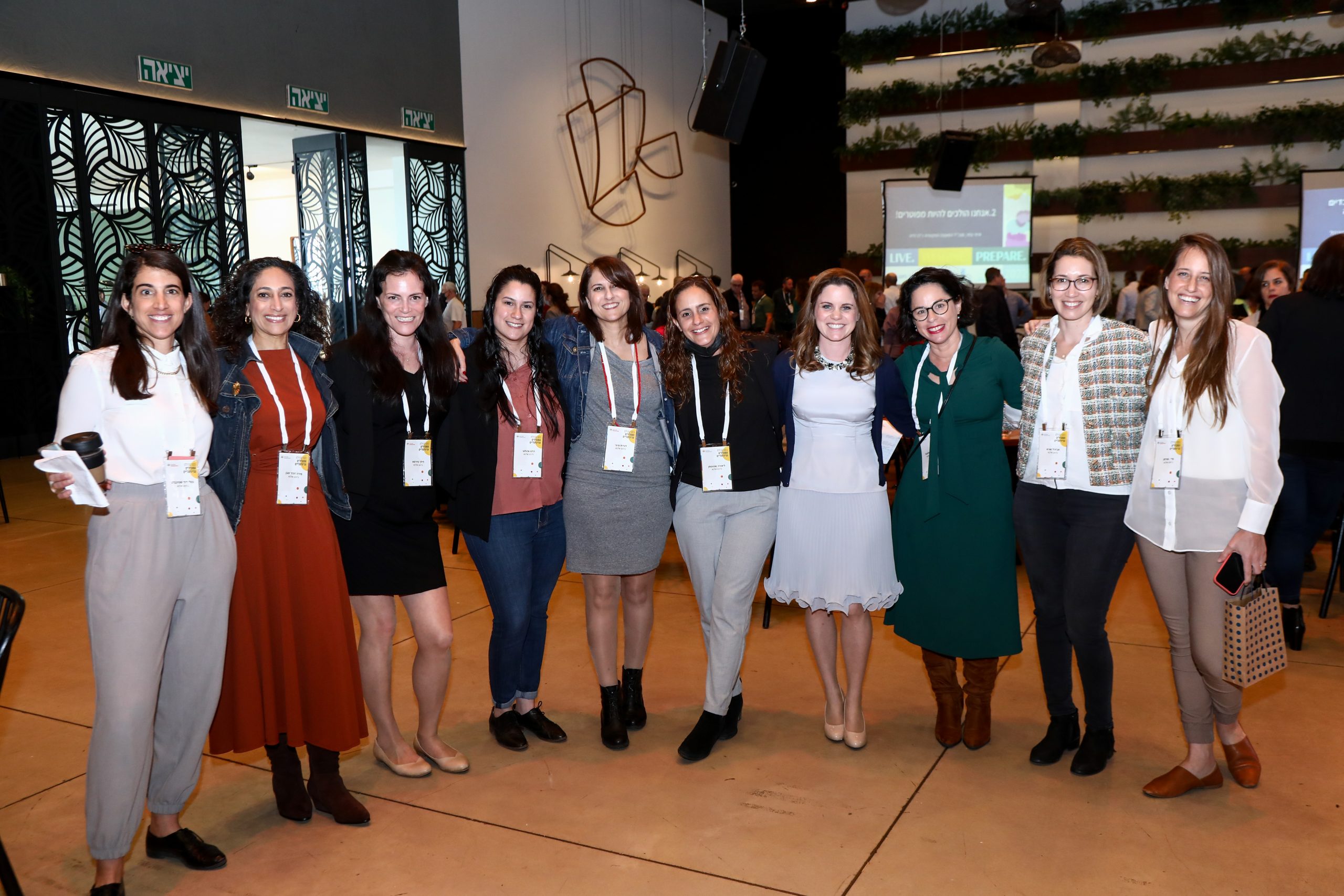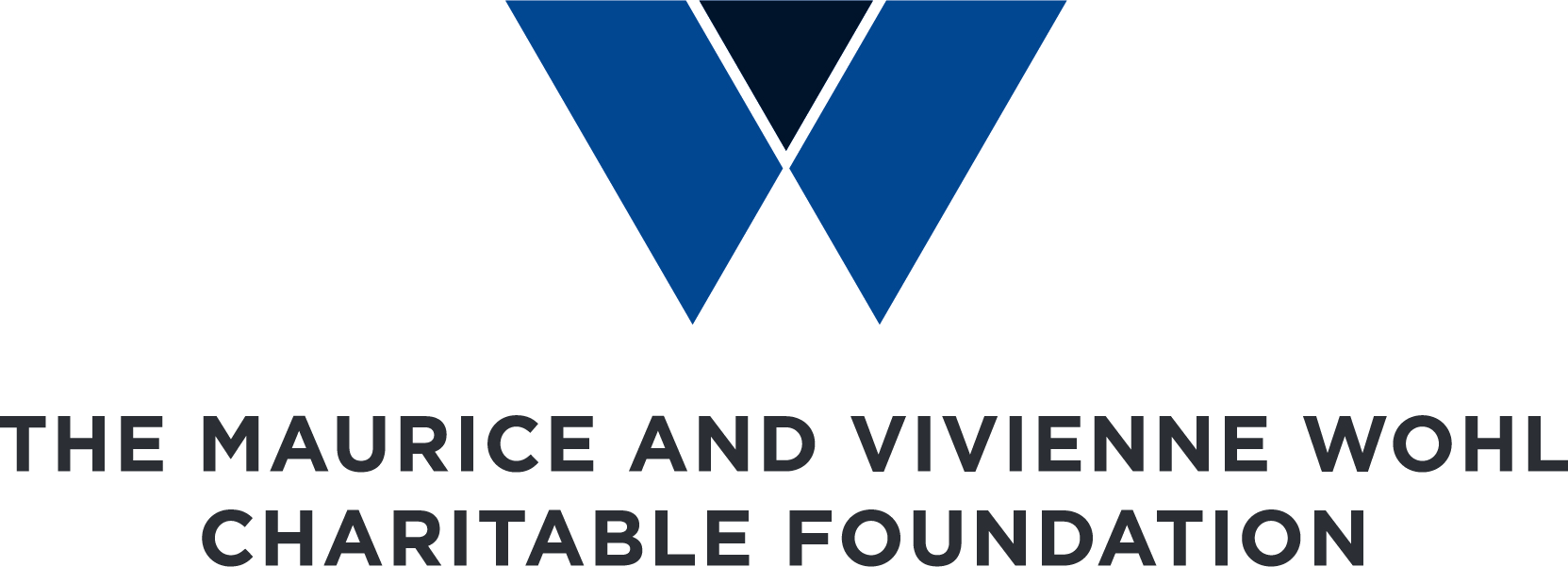As a clinical specialist in geriatrics and director of the Misgav Rehabilitation Centers, I am used to treating a very specific population of older adults, namely the frail. These are people who experience a decline in physical, mental and cognitive functions which in turn may affect their ability for social interaction.
In my additional role as a nurse, my intervention time is always in the stages of illness and crisis; I am not needed when people feel good—until now.
With the outbreak of the Coronavirus in Israel and the first lockdown, we transferred our rehab centers to remote services. It was a surprising and great success. Therefore, we decided that during the second closure, in September-October 2020, we would try to work remotely with another older population: those who are living independently.
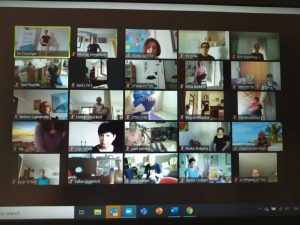
We joined the Up 60+ program and started online groups to help preserve motor and cognitive functions for this population. Some of our instructors were already experienced in remote learning while for others it was a first in many ways: remote teaching, working with large groups, and helping older adults who do not need special care.
The sessions lasted for two months and were attended by hundreds of people. I participated in most of the groups both to learn and to support the instructors. It was an interesting experience, especially through exposure to another segment of the Older People population. I learned a lot from these encounters, for example, how significant terminology is for them. I face a similar difficulty in my daily life because Hebrew is not my mother tongue.
I have met with a determined population that is not willing to be called “old” but rather “senior citizens.” We must not talk to them about sickness but about health. Since most do not have serious health problems, they don’t want to hear about geriatric patients because it scares them.
In addition, the attire of the therapists and their environment were very important. Participants did not want us to wear uniforms or gowns and did not want to see our beds or any other thing that could imply a patient, treatment or hospital. This was challenging as instructors conducted workshops from the rehabilitation centers.
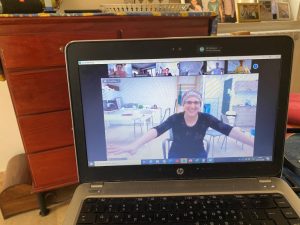
At first, their attitude bothered me a lot. I thought part of our job as professionals was to prepare them for the aging process because knowledge is power. Gradually, however, I realized that the goal is to make knowledge accessible, and success depends on changing semantics and the way in which we choose to present information. So instead of talking to them about treatment we should discuss prevention, and in the process introduce them to problems that may occur in the future.
I was surprised by the demand for these activities, by the impatience they showed when we started a little late, and by the opinions they expressed in the chat room: it’s too easy, it’s too hard, it’s not interesting at all, or when will we hear something new. The best surprise was receiving guidance from the participants themselves, who explained how to use Zoom and solve technical problems!
The highlights for me were mainly at the beginning and end of the session. Fifteen minutes before every meeting, there was a dialogue in which participants shared about the challenges of the coronavirus, the loneliness, the worries, and their need to have social gatherings like this every day. They even watch recordings of the sessions again in the evening. Sometimes I did not comment and just listened to the conversation among them, which was fascinating.
And at the end of each workshop, I was delighted when dozens of participants said thank you very much, that was an excellent lesson, when is the next one? And when will we get a link?
These activities were an opportunity to meet a new population and rethink my therapeutic perceptions about old age as a nurse and service developer at Misgav. Up till now, I thought we had taken a holistic approach emphasizing wellness instead of sickness. Yet this encounter with the independent older adult population makes me wonder if this is the case. While I know that the care our rehabilitation centers provide is excellent, we have much more to learn about old age, aging, Older People, and the best way to care for them.

